Have you ever noticed your skin looking “off” and wondered what’s going on? It turns out, skin isn’t just about appearance. Many health conditions can show their first signs through changes in your skin. So, don’t ignore sudden dryness, rashes, or discoloration.
1. Dark Circles, Pale Skin, and Dehydration
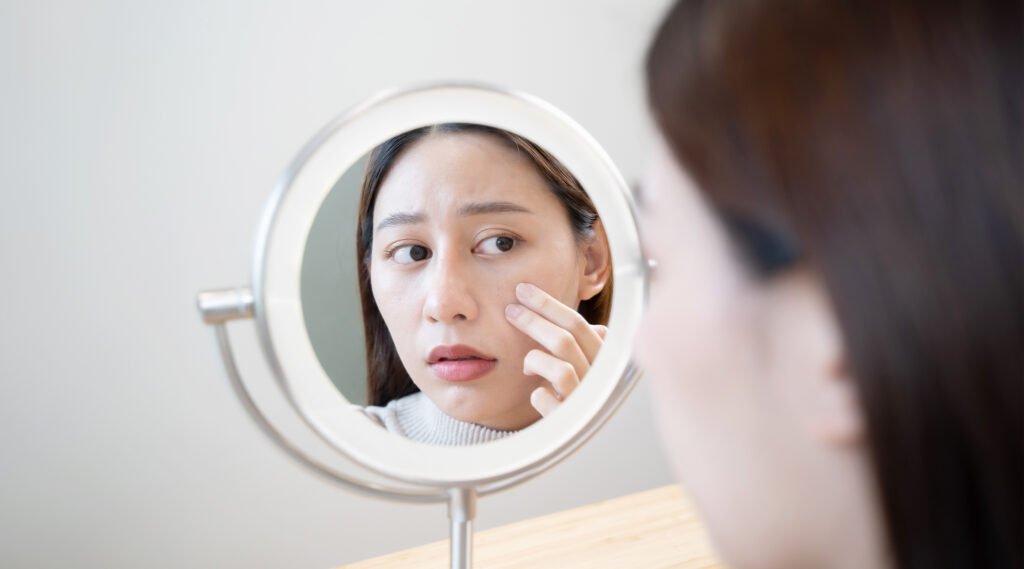
Dark under-eye circles and sunken eyes can be signs of insufficient sleep or dehydration. Pale skin may also suggest you’re not in your best shape, possibly due to anemia, stress, or an unhealthy lifestyle, like smoking.
2. Dry and Itchy Skin
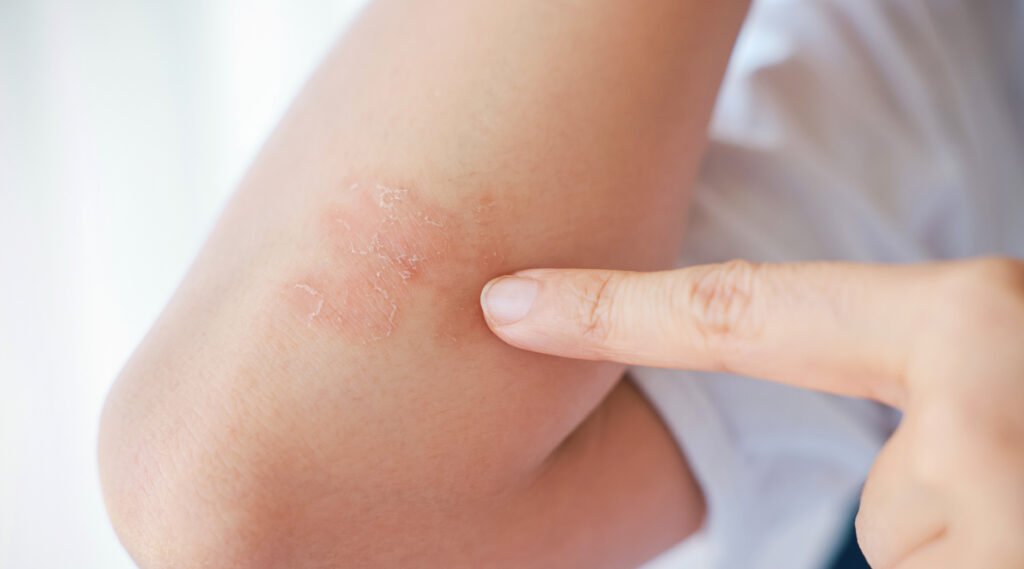
Dry skin is a common condition, especially during cold weather or in air-conditioned environments. However, if you experience persistent itchiness, it may indicate a more serious condition, such as diabetes, thyroid disorders, or side effects of certain medications. Your skin might be sending an SOS.
3. Irritated Hands
Washing hands too often—especially with soap or alcohol-based sanitizers—can leave your hands dry, red, and cracked. Be cautious if red patches don’t heal. This could be a sign of dermatomyositis, an autoimmune condition that needs medical attention.
4. Excessive Dandruff
If dandruff worsens and doesn’t respond to regular shampoos, it may not be just a scalp issue. Severe seborrheic dermatitis can be linked to neurological conditions like Parkinson’s, stroke, or immune problems such as HIV.
5. Acne Breakouts
Acne isn’t just a teenage problem. If you suddenly develop severe breakouts in adulthood—especially around the chin and jaw—it could be a sign of PCOS (in women) or other hormonal imbalances.
6. Skin Discoloration
Yellowish skin may indicate liver or kidney problems. Purplish, brownish, or grayish tones could signal circulation issues or chronic diseases. Your skin might be revealing more than you think.
7. Yellow Bumps Around the Eyes
These are called xanthelasma. They’re usually painless but can be a sign of high cholesterol. Don’t just cover them up—get your cholesterol checked too.
8. Rashes
Mild rashes from soap or chemicals typically clear up easily. However, unusual rashes, such as a butterfly-shaped rash on the face, could signal lupus. In individuals with psoriasis, rashes may be associated with an increased risk of heart disease.
9. Sun Spots
Frequent sun exposure without protection can cause sun spots—dark spots on the skin. While often seen as a cosmetic issue, they can also indicate a higher risk of skin cancer. Use sunscreen with an SPF of at least 30 daily, even on cloudy days.
10. Yellow Skin and Yellowing Eyes
These are classic signs of jaundice and may point to conditions like hepatitis, thalassemia, or pancreatic cancer. If you notice these symptoms, see a doctor promptly.
Not Every Skin Change Is Serious
Some skin conditions, such as granuloma annulare (characterized by small, reddish bumps), are harmless and may resolve on their own over time. However, stay alert if symptoms persist or worsen.
Our skin has its way of “speaking up” when something is not right inside our bodies. While not every change is a sign of serious illness, it’s essential to pay attention. Even small changes can offer early clues to potential health issues.
If you notice something unusual on your skin, like a sudden rash, color change, or unexpected bump, don’t hesitate to consult a healthcare professional. Sometimes, the body communicates most simply: through the skin.
References
American Academy of Dermatology Association. Accessed in 2025. What Your Skin Can Tell You About Your Overall Health.
Med Page Today. Accessed in 2025. What Skin Says About HealthVaccine Works. Accessed in 2025. Your skin is a mirror of your health – here’s what yours might be saying.







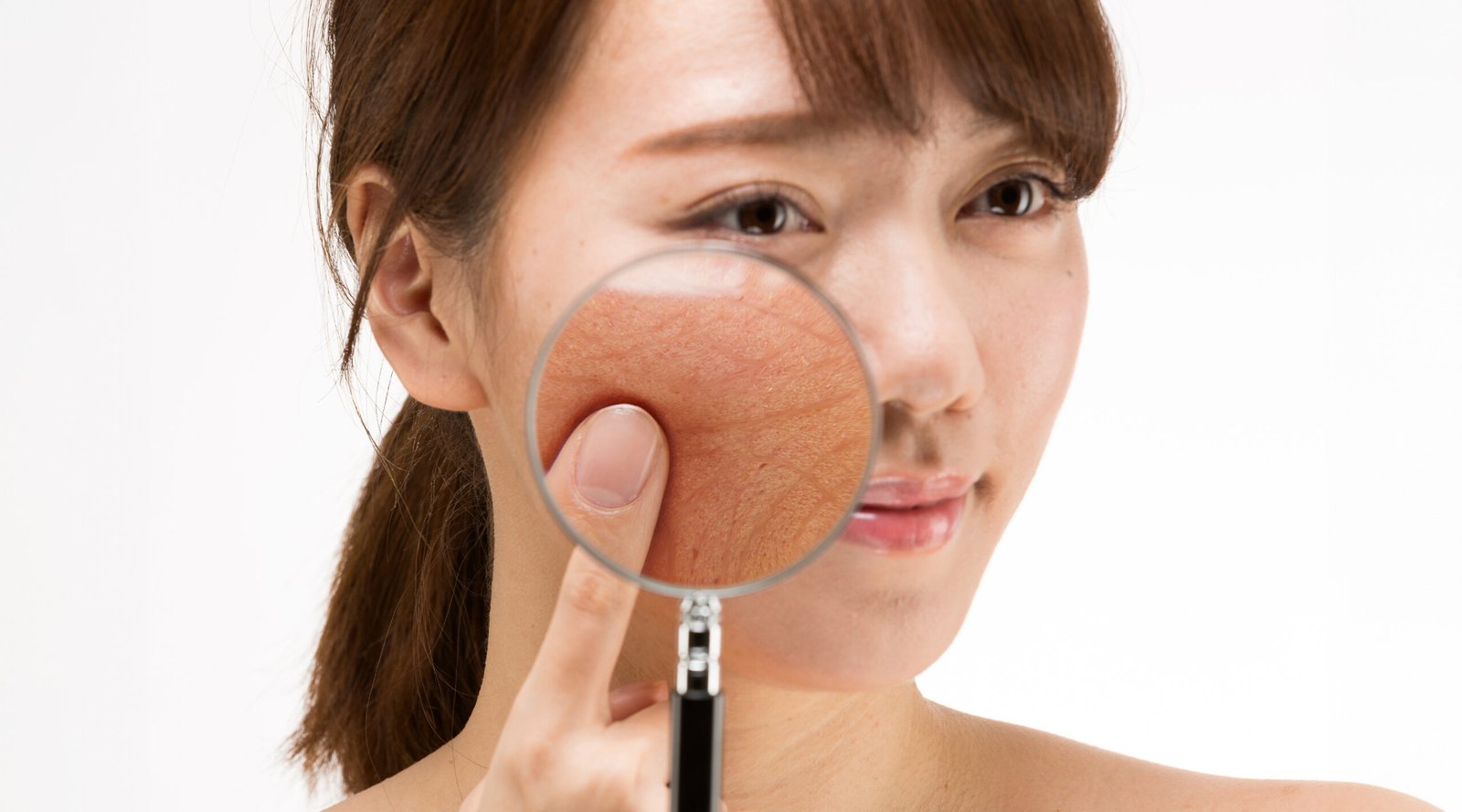
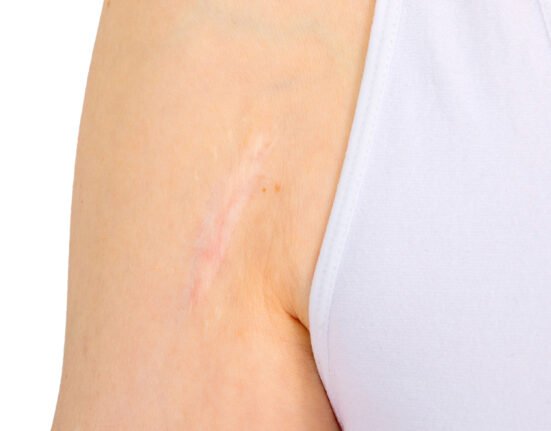
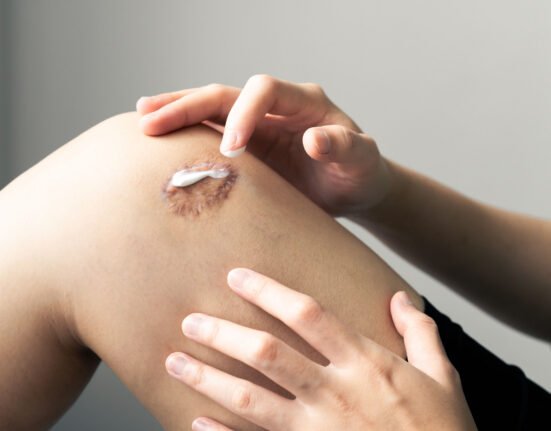
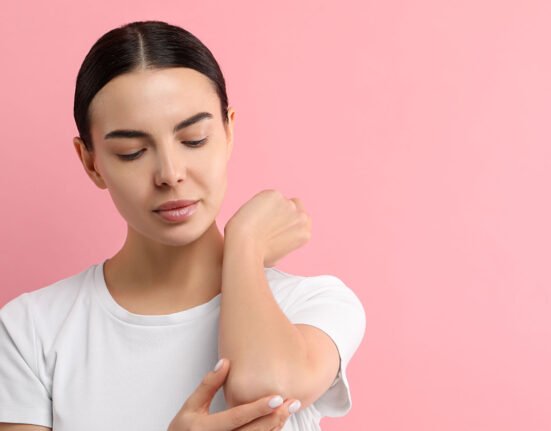



Leave feedback about this